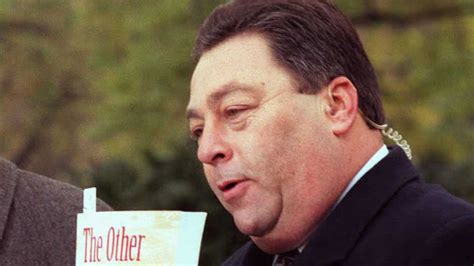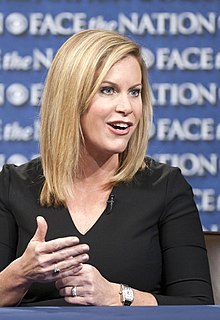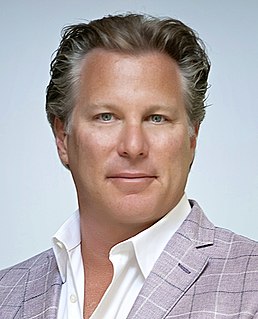A Quote by Tony Blankley
As boom- and bust-prone as high finance always has been and remains, the greatest systemic risk to our economy is not Wall Street. It's the growing federal debt (and weakening dollar) being enacted by those Washington politicians - the ones who want to protect us from Wall Street.
Related Quotes
Wall Street owns the country. It is no longer a government of the people, for the people and by the people, but a government for Wall Street, by Wall Street, and for Wall Street. The great common people of this country are slaves, and monopoly is the master…Let the bloodhounds of money who have dogged us thus far beware.
Tax the rich. End the wars. Break the power of lobbies in Washington. These are the demands of Occupy Wall Street. They are very important. The US corporations dominate Washington. The big oil companies, Wall Street banks and the military-industrial complex - they rule this country and their influence and power has to be broken.
Wall Street can be a dangerous place for investors. You have no choice but to do business there, but you must always be on your guard. The standard behavior of Wall Streeters is to pursue maximization of self-interest; the orientation is usually short term. This must be acknowledged, accepted, and dealt with. If you transact business with Wall Street with these caveats in mind, you can prosper. If you depend on Wall Street to help you, investment success may remain elusive.
I got all the respect in the world for the front-runners in this race, but ask yourself: If we replace a Democratic insider with a Republican insider, you think we're really going to change Washington, D.C.? You don't have to settle for Washington and Wall Street insiders who supported the Wall Street bailout and the Obamacare individual mandate.

































